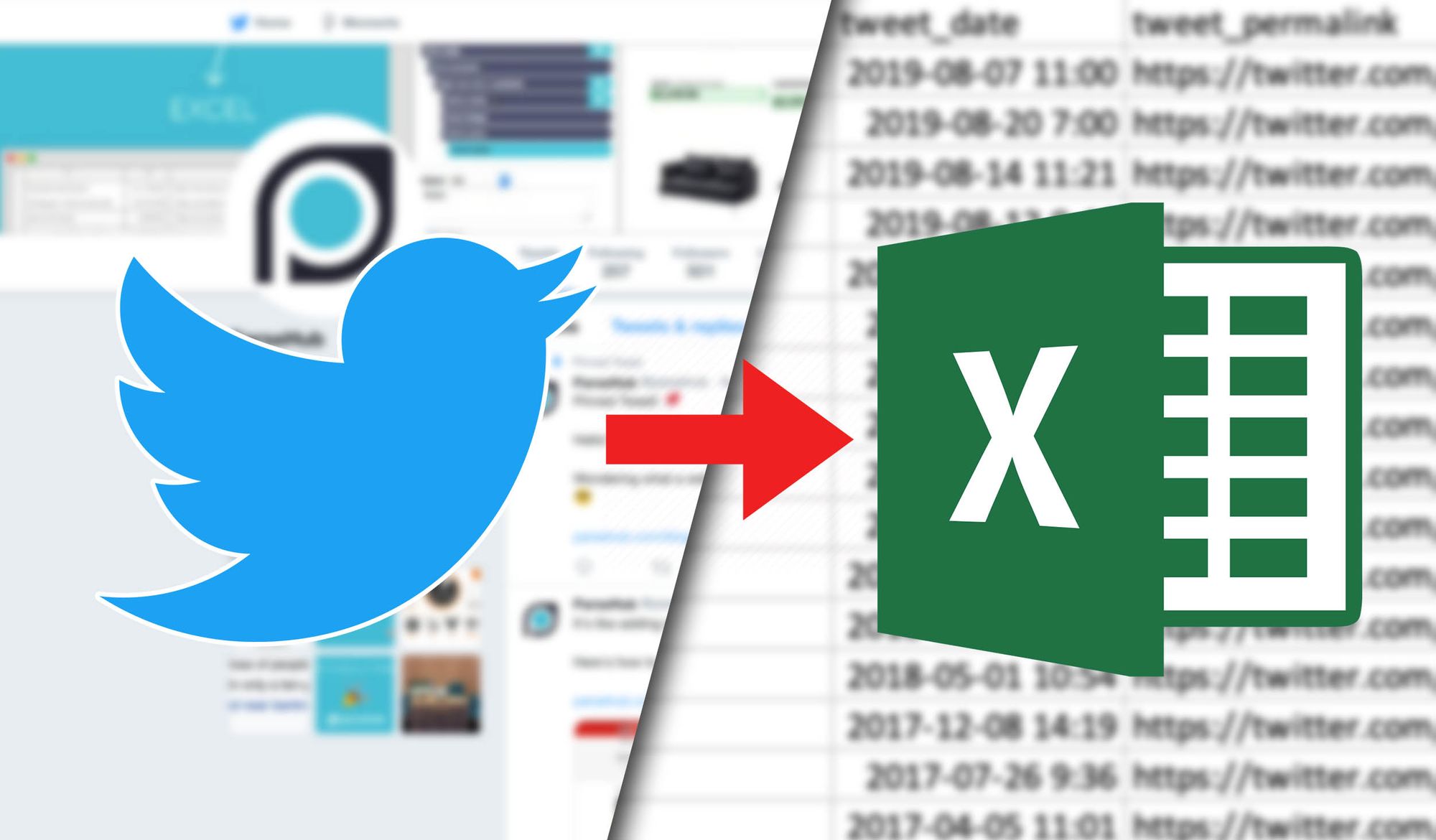How to Scrape Data From Twitter
Twitter’s straightforward and structured format, along with its diverse posting features, facilitates easy navigation and data extraction.
Scraping Twitter data can provide valuable insights into public sentiments, opinions, and social media trends, making it beneficial for programmatic SEO projects. Analyzing tweets, shares, likes, URLs, and interests can offer a powerful means to understand public conversations.
While the Twitter API allows users to access and interact with Twitter data, using it instead of scraping ensures adherence to Twitter’s terms of service. However, it may not match the efficiency and flexibility of scraping services. In a recent study on Twitter scraping, researchers found that scraping outperforms the API in terms of speed and efficiency, especially considering the API’s limitations on the number of tweets that can be accessed.
Web scraping Twitter refers to the process of extracting data from the Twitter platform using automated scripts or bots. It enables users to collect and analyze vast amounts of information, such as tweets, user profiles, hashtags, and trends. Web scraping Twitter can be used for various purposes, including sentiment analysis, market research, opinion mining, and social media monitoring.
Table of Contents
Is Twitter Scraping Allowed?
Determining the legality of data mining, particularly for social media data, is a complex and challenging task. While data considered “open source” can often be mined legally, social media data is rarely classified as open source, which adds complexity to the data mining process.
Scraping publicly accessible data is generally considered legal as long as you adhere to the rules specified in the robots.txt file. Twitter’s terms explicitly prohibit web scraping without their prior consent, making it a civil matter rather than an illegal activity.
Although Twitter data is frequently scraped without many reported issues, this should not be taken as a legal justification. It simply suggests that the risks involved may be relatively low.
Scraping falls into a legal gray area, and it’s essential to conduct thorough research and due diligence based on your specific motive and data mining strategy. If legal compliance is a concern, opting to use the Twitter API may be a safer choice.
What About GDPR and Privacy Regulation?
GDPR (General Data Protection Regulation) is a highly intricate set of regulations primarily focused on the processing and usage of data rather than data scraping. However, this doesn’t imply that scraping is automatically permitted under GDPR. Scraping personally identifiable information (PII), such as email addresses, phone numbers, names, addresses, passport numbers, dates of birth, etc., is riskier and falls under the scope of GDPR.
For non-PII data, the situation is more ambiguous. Scraping tweets for brand mentions or similar purposes is unlikely to cause trouble. Yet, scraping emails from Twitter profiles and using them for unsolicited emails may raise GDPR concerns.
When scraping data for commercial purposes, or any intention to use, sell, or upload it, seeking legal advice is a prudent step.
It’s essential to be aware that if your data mining activities lead to harm or damage to individuals or companies, you may be held liable. Therefore, caution and adherence to data protection principles are crucial when engaging in data scraping endeavors.
Final Words:
In conclusion, data scraping can offer valuable insights and benefits, but it also comes with legal and ethical considerations. Understanding and complying with the terms of service and data protection regulations is essential to ensure responsible data mining practices. While scraping publicly accessible data may be permissible in some cases, handling personally identifiable information (PII) requires extra caution to avoid potential legal issues.
If you decide to pursue data scraping for commercial purposes or to use the data in any significant manner, it’s wise to seek legal advice to ensure compliance with relevant laws and regulations. Ultimately, conducting data mining operations responsibly and ethically is crucial to protect individuals’ and companies’ rights and privacy.





